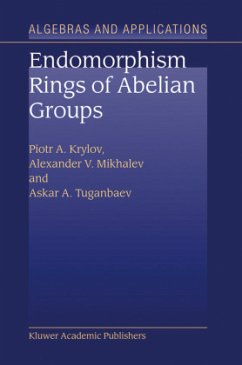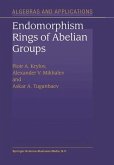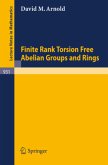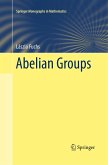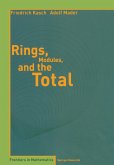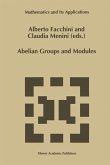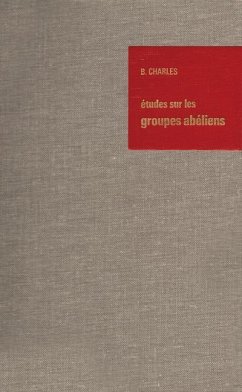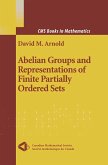Every Abelian group can be related to an associative ring with an identity element, the ring of all its endomorphisms. Recently the theory of endomor phism rings of Abelian groups has become a rapidly developing area of algebra. On the one hand, it can be considered as a part of the theory of Abelian groups; on the other hand, the theory can be considered as a branch of the theory of endomorphism rings of modules and the representation theory of rings. There are several reasons for studying endomorphism rings of Abelian groups: first, it makes it possible to acquire additional information about Abelian groups themselves, to introduce new concepts and methods, and to find new interesting classes of groups; second, it stimulates further develop ment of the theory of modules and their endomorphism rings. The theory of endomorphism rings can also be useful for studies of the structure of additive groups of rings, E-modules, and homological properties of Abelian groups. The books of Baer [52] and Kaplansky [245] have played an important role in the early development of the theory of endomorphism rings of Abelian groups and modules. Endomorphism rings of Abelian groups are much stu died in monographs of Fuchs [170], [172], and [173]. Endomorphism rings are also studied in the works of Kurosh [287], Arnold [31], and Benabdallah [63].
Hinweis: Dieser Artikel kann nur an eine deutsche Lieferadresse ausgeliefert werden.
Hinweis: Dieser Artikel kann nur an eine deutsche Lieferadresse ausgeliefert werden.
From the reviews: "In this book, the variety of methods, the beauty of the results, and the appeal of the open problems provide ample justification for the author's rationale. ... book is largely self-contained ... . Helpful and challenging sets of exercises appear at the end of each section and open problems are listed at the end of each chapter. This work will be valuable as a text book for a graduate course, a reference on a lively area of mathematics, and a guide to appealing research problems." (Charles Vinsonhaler, Zentralblatt MATH, Vol. 1044 (19), 2004)
